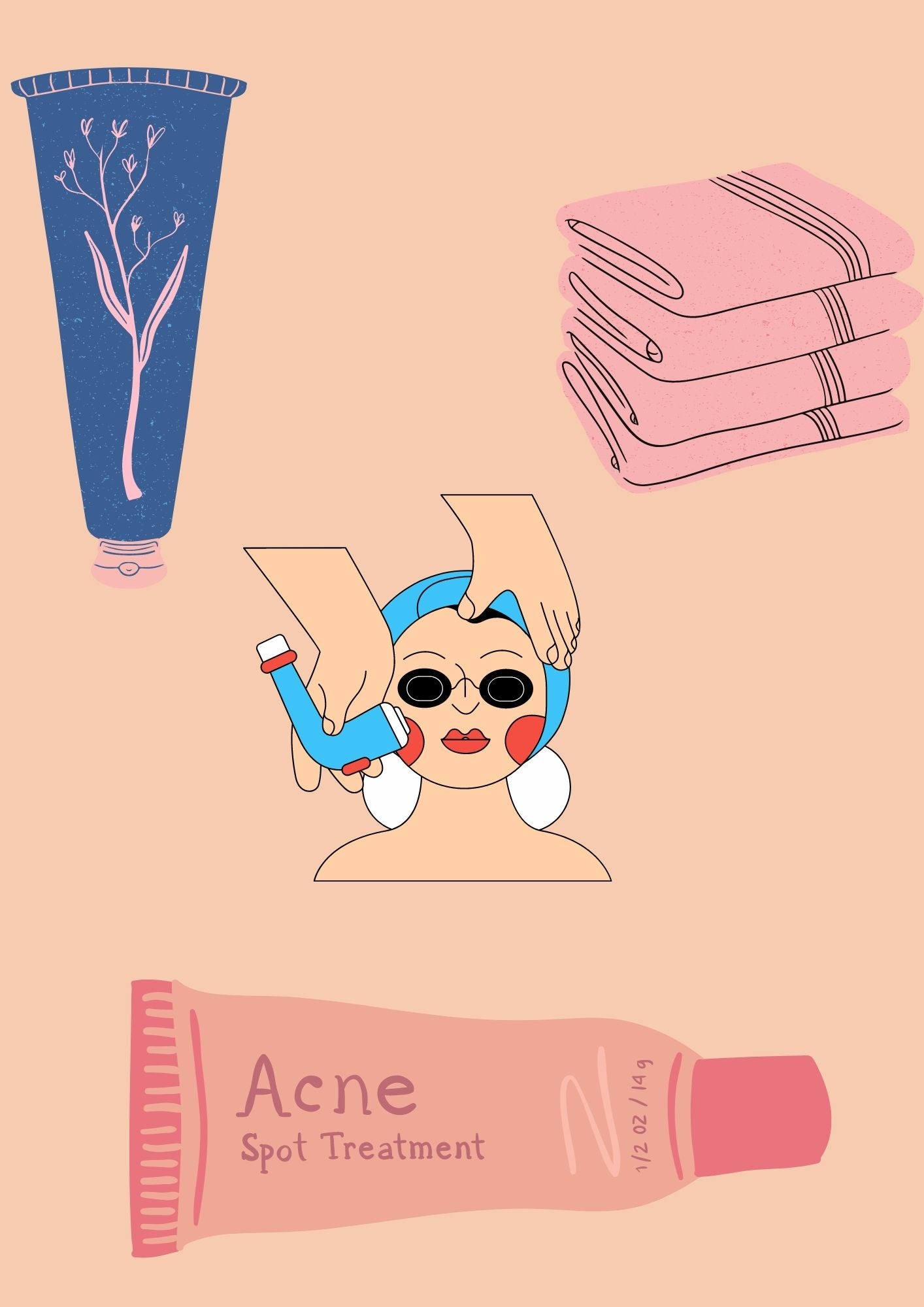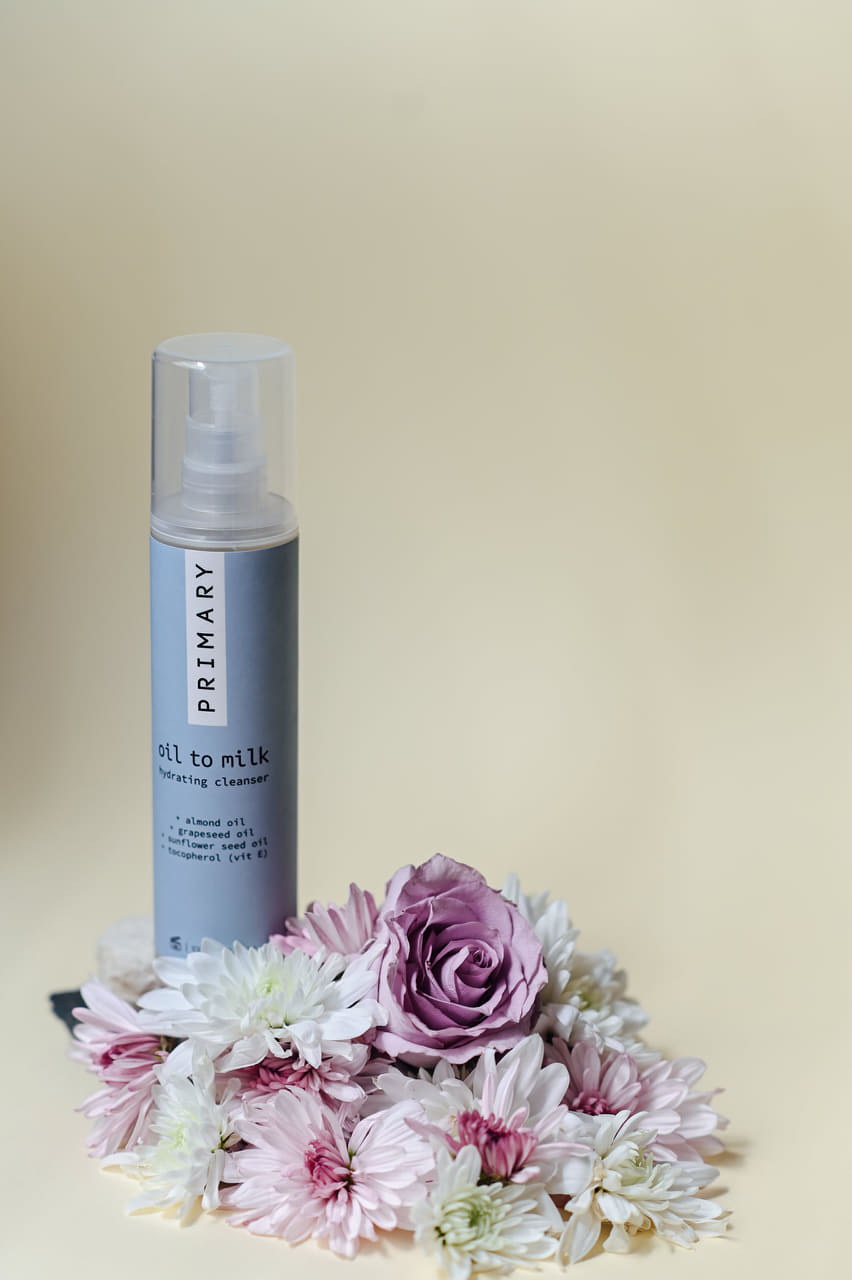The Art of Slugging: Seal Your Face

A few years ago, I came across the term 'slugging' in a skincare group. It became a viral trend in Reddit groups that was discussed frequently. The minute I read the world 'slugging', an image of slimy slugs across the face popped up in my head. But that isn’t what slugging is about. Let’s dive into the concept, purpose and benefits of slugging.

What is Slugging?
Slugging is the last step in a night-time skincare regime where an occlusive product like Vaseline or Aquaphor is slathered on the face. This is done to create a barrier so the rest of the skincare products are sealed within the skin. It ensures that the skin does not experience dehydration or trans-epidermal water loss (TEWL) where water evaporates from the surface of the skin. Those who follow this step in their skincare routine usually apply active ingredients and moisturizers before, and lock it all in with petrolatum based products like Aquaphor or Vaseline towards the end.
But...please be cautious especially if you are using highly concentrated actives, because slugging too soon within the routine could optimize or trap actives therefore causing irritation. I recommend trial and error, patch testing and patience when you embark on your slugging journey.
I slug almost every night with Aquaphor instead of Vaseline. If you are a fellow slug, then you probably look like a shiny greaseball before going to bed. Sure, it looks a bit odd in the start but now all my friends and family know that I do not go to bed without slugging. My tub of Aquaphor and I, are best friends.

Benefits of Slugging?
I believe some of the benefits of slugging are more apparent in the winter season, rather than hot humid summers. It protects the skin barrier and repairs any dryness, irritation and cracks. This is why many people using tretinoin use the slugging method too, because it keeps the skin moisture barrier intact and acts as a healing occlusive. Since we are approaching the start of winters, it seems like the best time to get onboard the slug train. Choo choo!
Skin Barrier Repair & Protection
Environmental factors, stress or even topical treatments can dry out and dehydrate the skin by impairing the moisture barrier. It could be cold winter wind or harsh acne medication (topical or oral) that triggers irritation or flaky patches. This is common for people who have an atopic or sensitive skin barrier which is easily compromised by external or internal triggers. Applying an occlusive on a dry irritated rash could heal it faster.

Winter Woes Are Gone
Even those with normal or combination skin types complain about dryness or cracked lips during the winters. Petrolatum products like Vaseline or Aquaphor are quick fixes for these issues because they focus on repair through occlusion. To avoid the onset of such issues, it is wise to incorporate slugging in advance. This technique encourages the continuous repair of the moisture barrier and prevents external triggers from affecting the skin. It has been effective for me especially when exposed to air-conditioning and extremely cold climates.
Of course, it goes without saying that slugging can aid in strengthening the skin barrier. But it is beneficial to consume a healthy diet, routine and lots of Omega 3 fatty-acids! Always take a holistic approach.

Plump Complexion & Hydration
When your skin is able to retain hydration and moisture, it is likely to look more plump and less cracked. Many people have shared that they saw a significant improvement in the appearance of dehydrated lines. Susan Yara discusses the trend of slugging in one of her videos in case you're interested in hearing different views about it.
After slugging, I observed that my skin felt softer and hydrated. I realized that it is easy to recover from post-retinol dryness after a night of slathering Aquaphor or Cerave Ointment.
Saviour After Laser Treatment or Chemical Peels
Dermatologists usually recommend occlusive products after invasive treatments like Fractional CO2 Laser or chemical peels. Even after minor laser treatments, occlusive products like Aquaphor and Vaseline can speed up the process of healing. This method prevents external stressors from further aggravating the skin.
I've found it beneficial for my under-eye area because it is less sensitive and plumper than before. However, if you're prone to clogged pores or milia then give it a second thought.

Should You Convert To A Slug?
It is easy to get caught up with skincare trends, but it is important to determine whether it suits your skin or not. Everybody's skin reacts differently to products and stressors.
Figure out if your skin is dry and dehydrated and whether it requires the helping hand of a thick occlusive. In case you are prone to acne or clogged pores, rethink how you could incorporate slugging into your routine. These are questions you must ask yourself:
Would a thin layer be better than a full thick layer?
Is it better to use it as a patch or rash treatment in certain areas only?
Should you try it in the winters instead of the summers?
Before I log off, I would like to warn you that too much of slugging in the hot humid weather has clogged a few pores of mine. Don't make the same mistake I did!
Listen to your skin every night, and let it decide what it really needs. No need to overdo a trend. The most important thing is to embrace, celebrate and appreciate yourself. Trends come and go, so don't let them overwhelm you too much. Until we meet again!

References:
https://www.reddit.com/r/SkincareAddiction/comments/7xe07s/personal_to_all_the_slugs_out_there_you_win/
https://www.reddit.com/r/AusSkincare/comments/il1oy6/occlusives_over_actives/
https://www.youtube.com/watch?v=h6eFgRHA6Ls




Comments